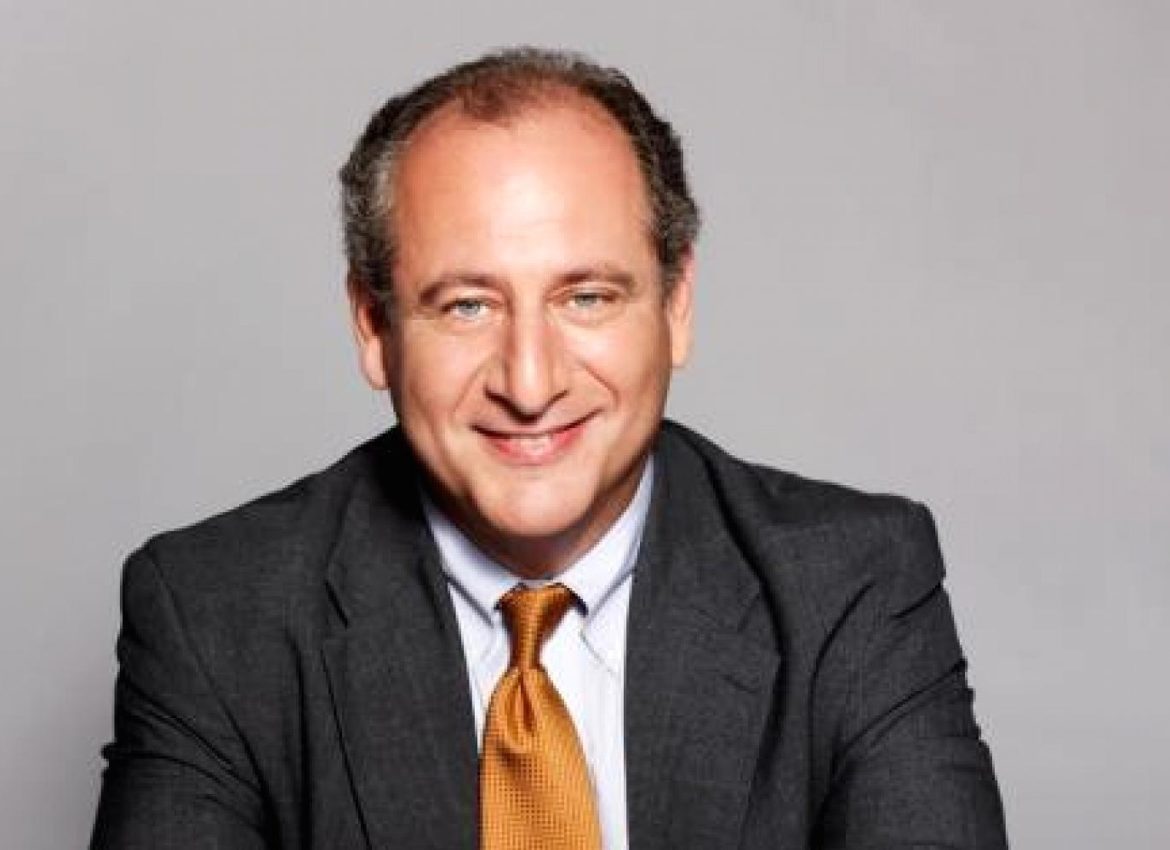Webinar: The Kurdish Question in Iran After Amini’s Murder September 29, 2022
Thank you very much for inviting me to join today’s panel. I’m always pleased to associate with the Washington Kurdish Institute, which is the leading voice in DC on behalf of Kurdish issues. This panel comes at a particularly important time in the wake of violent protests across Iran that were catalyzed by the murder of Masa Amini by Iran’s morality police on September 16th, 2022. She was arrested for failing to cover her hair modestly in accordance with the hijab law, a relic of the Islamic Revolution that was adopted in 1981, and is still used by conservative clerics to justify their militant male theocracy. Though Masa was Kurdish, protests involved Iranians of various ethnic backgrounds under Iran’s authoritarian rule.
The Iranian people are fed up with the country’s mismanaged economy, rampant corruption, ineffective response to the covid crisis, repression, and social restrictions. Chants of no to the hijab and no to repression. Only equal rights are increasing across the country. Women are opposing gender apartheid, demanding an end to the hijab law, and calling for the abolition of morality. Policewomen are on the front line, demanding reform of a divorce law that shows preferences to men.
Laws that grant men exclusive custody of children, rules that allow polygamy for men. They’re opposing laws that lower the marriage age for girls and require women to get permission from their husbands or fathers to travel. Women are playing a leading role in political and social revolutions elsewhere. Let me cite a few examples here. First, in Burma, when Aung San Suu Kyi led a protest against the State Law and Order Restoration Council, she won the Nobel Prize in 1991, but she ended up jailed by the successor and is today imprisoned in Liberia. And Ellen Sur Leaf Johnson led the revolution against the participants in a civil war, and they were jointly awarded the Nobel Prize in 2011 in Brazil. Juma Russi mobilized opposition to the military dictatorship. She became president in 2011, until her impeachment by political opponents five years later in 2016. And also in the United States, we see women taking a leading role, the Women’s March in DC in 2017. I remember attending with my teenage daughters as they shouted, “Love, not hate makes America great.” More recently, women protestors against the Supreme Court decision overturning Roe versus Wade have shifted the political dynamics here in the US.
Iranians, men included, are increasingly a part of the movement and demanding political reform. They are protesting the hypocrisy of the regime and the autocratic rule of President Ebrahim Raisi, an ultra-conservative who tightens strict social and religious rules. When he was chosen more than one year ago, his draconian rules exacerbated social tensions. Women who are not covered properly are barred from the subway and from receiving social services. Iran’s ministry of guidance instructed movie theaters to stop showing women in their advertisements. Women are arbitrarily arrested and sent for re-education, instead of recognizing the unrest that are spreading across the country as a result of its domestic policies. The IRGC launched cross-border missile and drone attacks yesterday on Iraqi Kurdistan killing scores of people and injuring many. Attacks targeted the headquarters of the Democratic Party of Iranian Kurdistan (KDPI), the Party for a Free Kurdistan, and Kamala in the provinces of Sulaymaniyah and Erbil. Tehran calls these organizations terrorist groups, and yesterday’s escalation dramatizes the high stakes that Iran is facing these days. Raisi and the IRGC are trying to solve a problem by creating a bigger one. Iranians of all ethnicities, men and women alike, find violence to be intolerable. They want a genuine political transition in Iran towards a federal parliamentary democracy. If the regime stands in the way, then the regime should be removed.
The cooperation center adopted a joint statement this summer that was endorsed by the Democratic Party of Iranian Kurdistan, the Kurdistan Democratic Party of Iran, and the Komala Party of Iranian Kurdistan. The statement embraced federalism as the most effective system for power sharing and enshrining the rule of law. Signatories reject Iran’s centralization and concentration of power. They believe that federalism is the most efficient system of government to safeguard equality and non-discrimination, to protect and promote the unique identity of groups. The joint statement called for the establishment of self-governing institutions, a local executive assembly, and judiciary, as well as police and security structures, upholding the administration of justice and reflecting the communities that they serve. It calls for cultural rights in the form of education, language, media, cultural festivals, and cultural symbols. It also addresses economic development through local control of natural resources, property and land management, as well as hiring preferences.
With protests sweeping across the country, we must acknowledge that Iran is on the cusp of dramatic change. This is instigated by Iranians, not external forces. President Joe Biden wants to help the protestors communicate and organize. US officials that have been focused on renewing the JCPOA. They believe it is important, but they increasingly understand that Iran will only stop being a threat when there is regime change, or the regime dramatically changes its behavior through decentralization, or there are sweeping democratic reforms and the creation of an accountable government.
I am pleased to give this overview of recent developments to address the recent cross-border attacks and to share with you the result of discussions that Columbia University and the Washington Kurdish Institute held with Iranian Kurdish partners looking at governance strategies in the future that would decentralize power through federal arrangements. I’ll stop here and look forward to getting questions later in the discussion.

